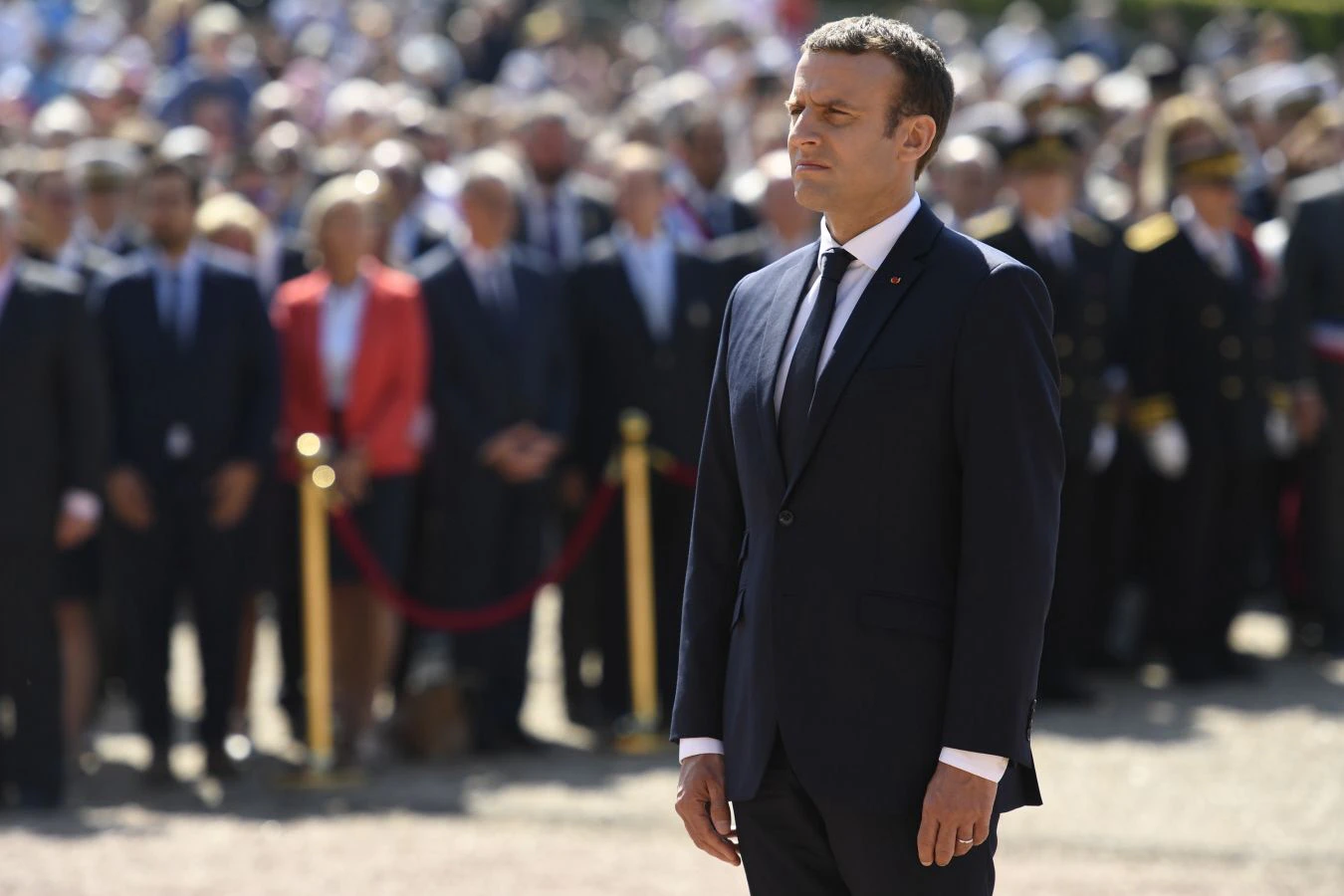Understanding Macron’s Leadership in France

Introduction
Emmanuel Macron, the President of France, has been a pivotal figure in both French and European politics since his election in 2017. His policies and leadership style have sparked significant debate and analysis, making him a relevant topic in understanding contemporary governance and international relations.
Macron’s Political Journey
Macron’s ascent to power was marked by his establishment of the centrist party La République En Marche! in 2016, positioning himself as a progressive alternative to traditional parties. He was elected at the age of 39, becoming the youngest president in French history. His platform centred around reforming the French economy, championing the European Union, and addressing climate change, all of which continue to shape his administration.
Key Policies and Reforms
Since taking office, Macron has implemented several notable reforms. His government’s economic policies focus on reducing unemployment and stimulating growth through initiatives such as tax cuts for businesses and changes in labour laws aimed at encouraging hiring. However, these reforms have faced considerable backlash, most notably through the ‘Yellow Vest’ protests, which began in late 2018. Protesters criticized Macron’s economic policies for disproportionately affecting the lower and middle classes.
In foreign policy, Macron has been an advocate for a stronger European Union and has actively participated in international diplomacy. His administration has taken a firm stance on issues like climate change and digital regulation, calling for a coordinated European approach. He notably played a significant role in recovery plans for EU member states amidst the COVID-19 pandemic.
Current Challenges
As Macron approaches the next presidential election in 2027, he faces a myriad of challenges, including rising inflation and economic recovery post-COVID-19. The ongoing Ukraine conflict has also necessitated strong responses from Europe, with Macron’s leadership being tested on the international stage as he advocates for European cohesion and support for Ukraine.
Conclusion
Emmanuel Macron’s presidency has been marked by significant achievements and controversies. His commitment to reform is evident, yet he must navigate the complexities of national sentiment and international relations. As France prepares for future elections, understanding Macron’s policies and their implications for both France and the broader EU will be crucial for citizens and analysts alike.
